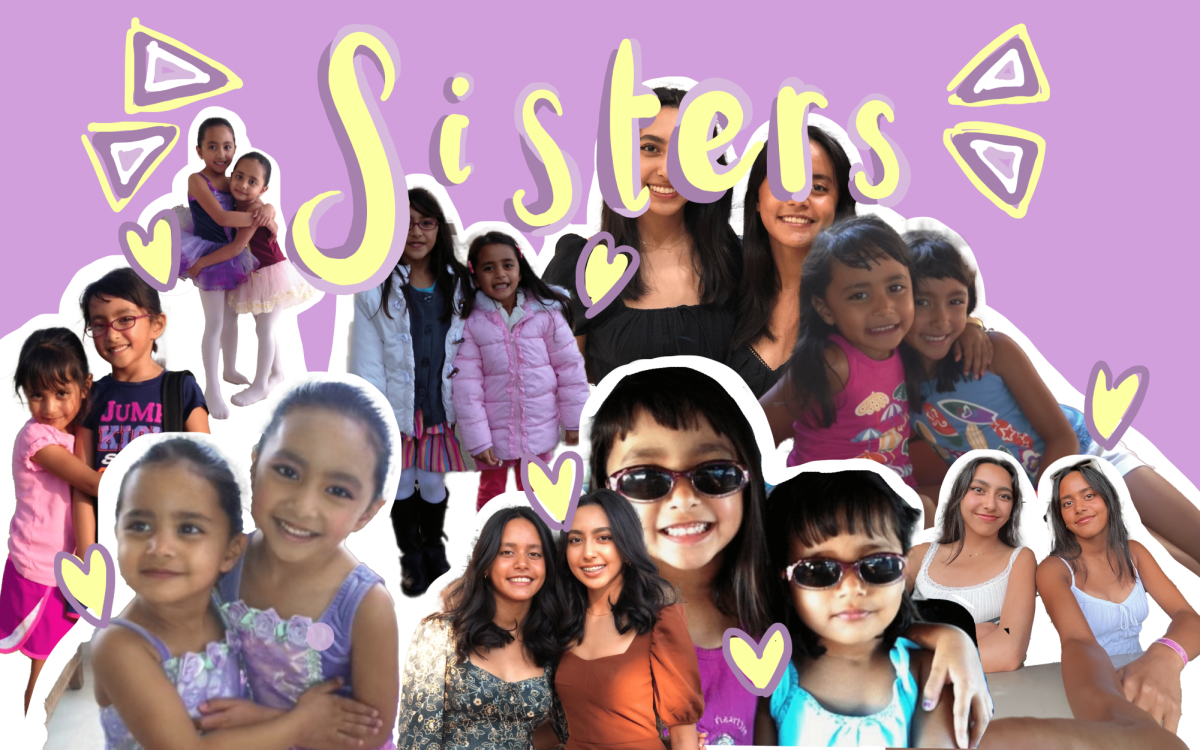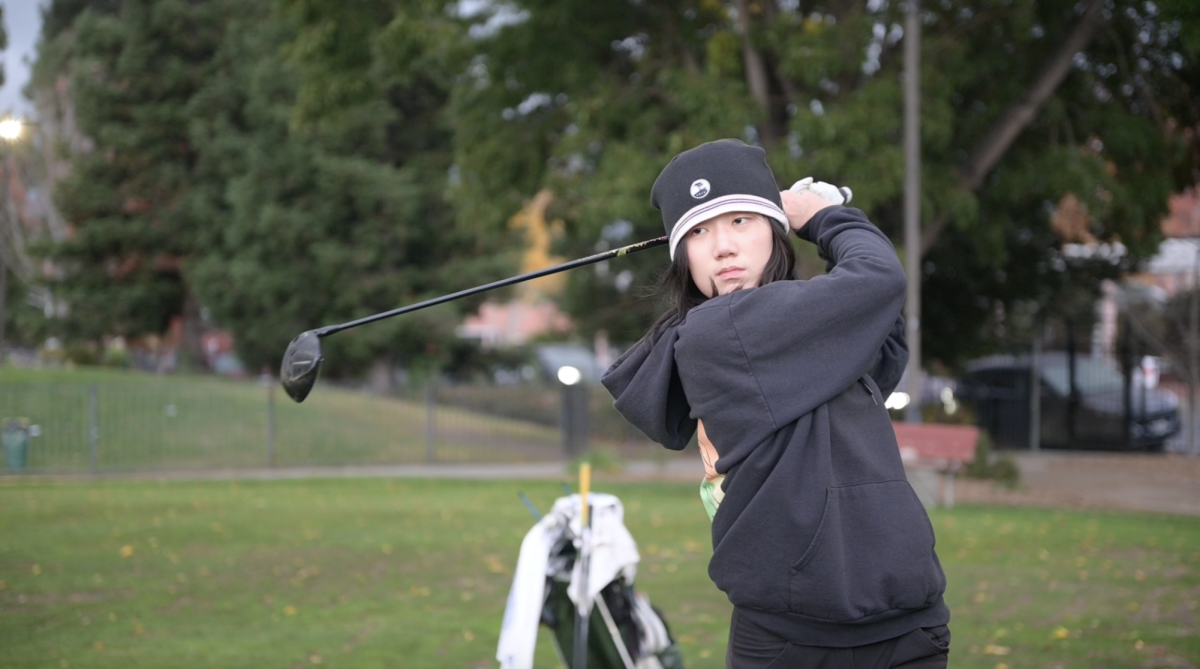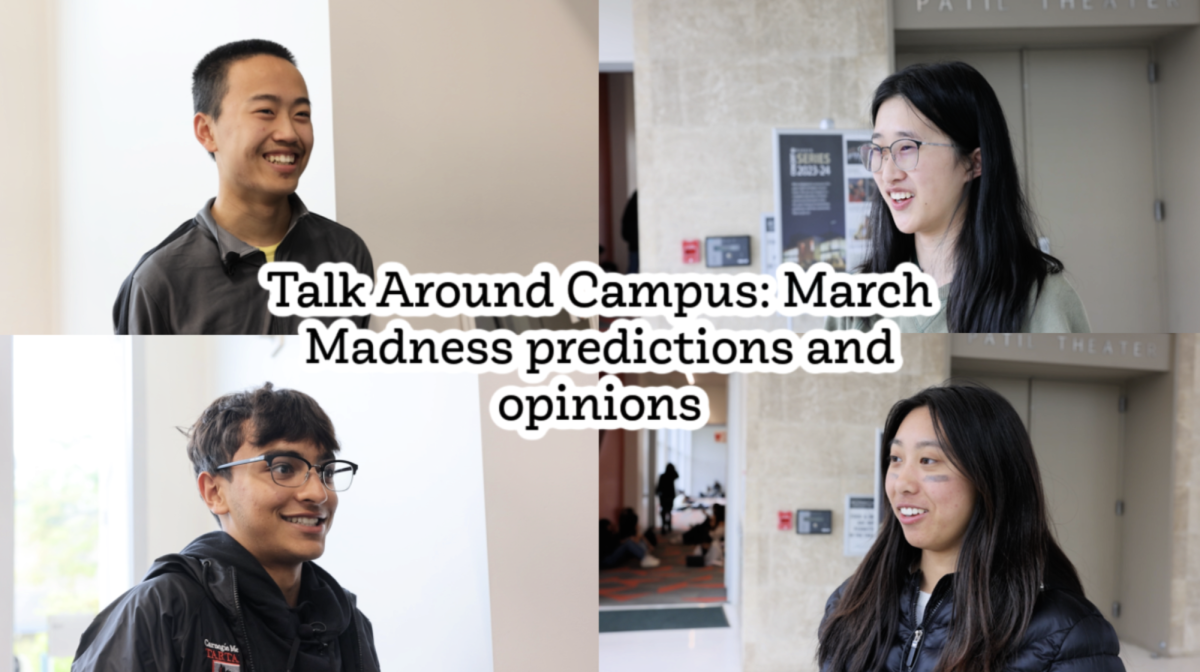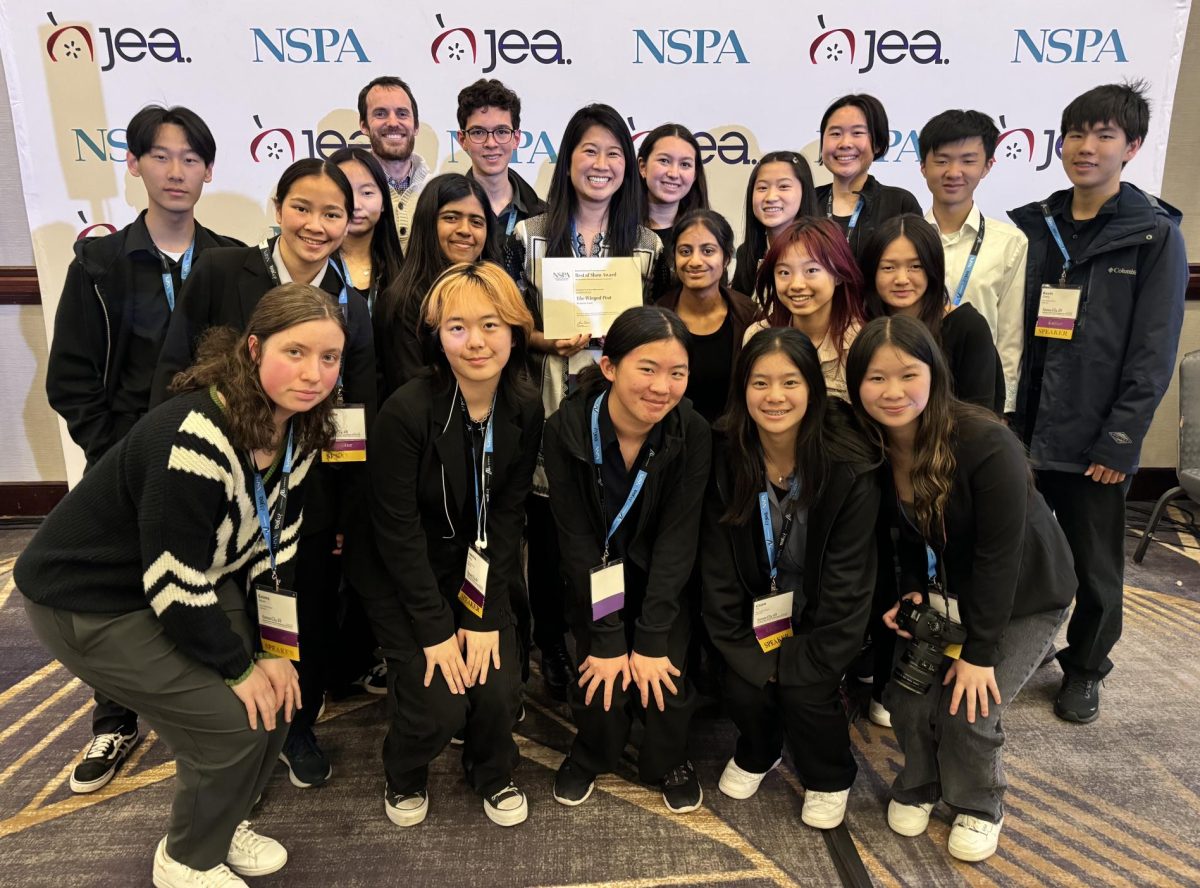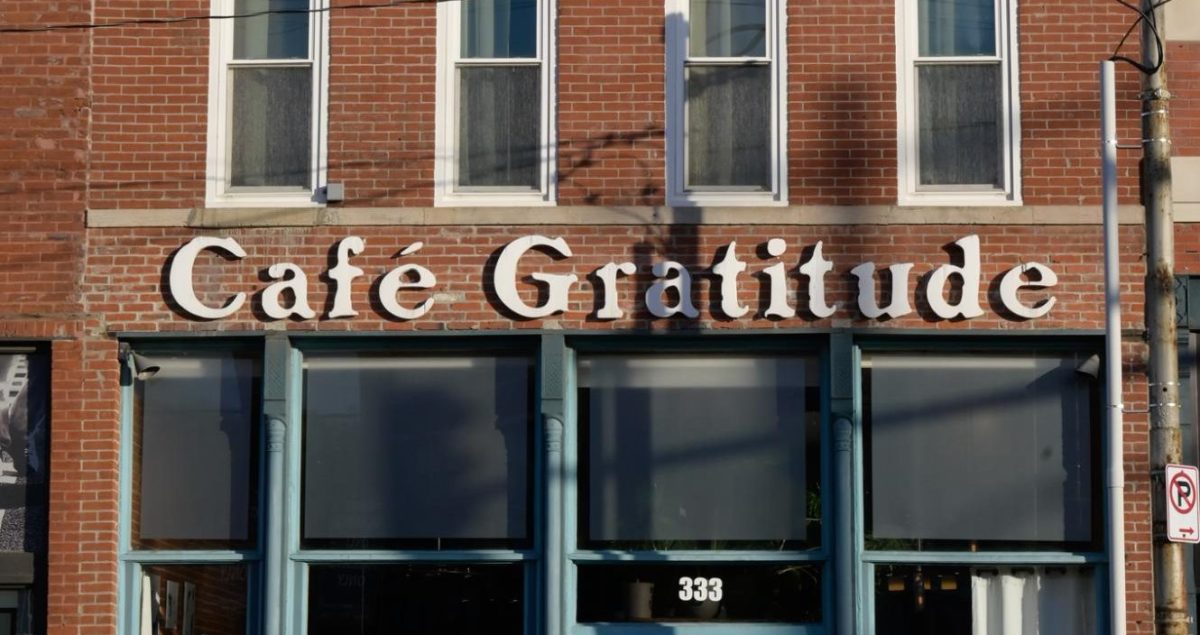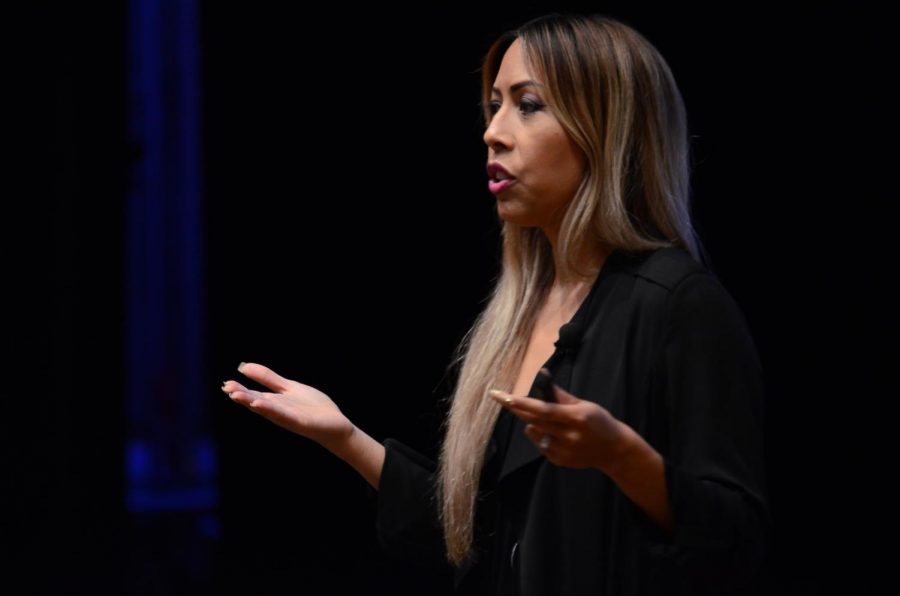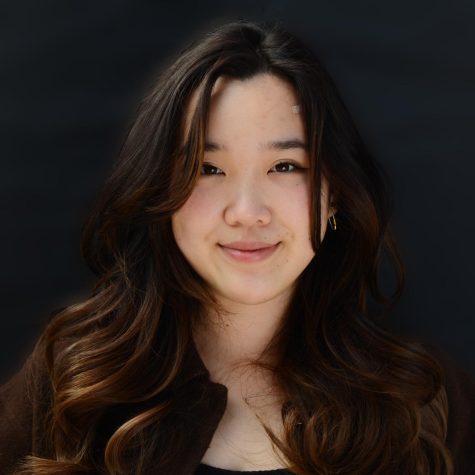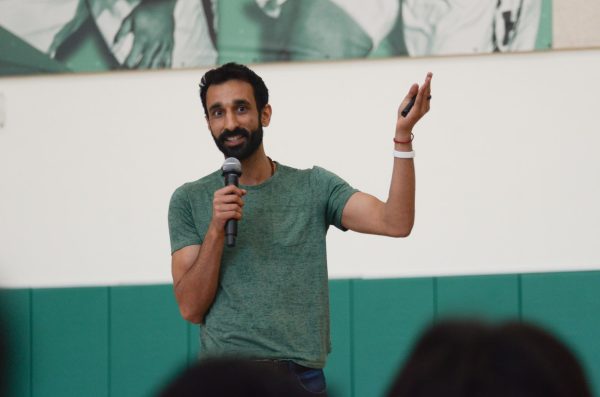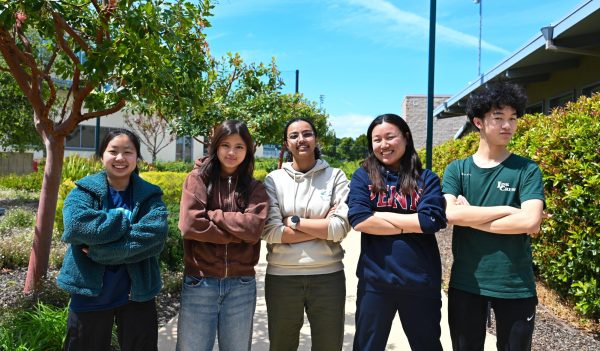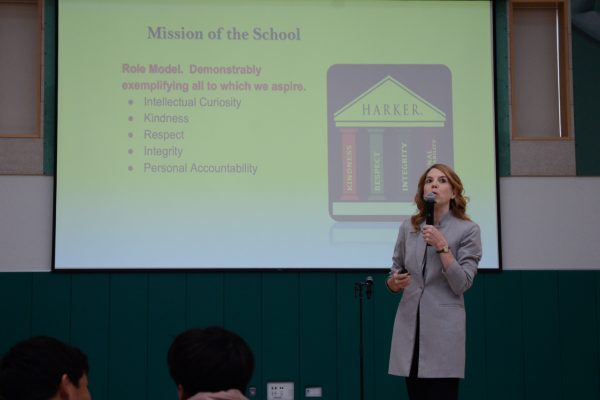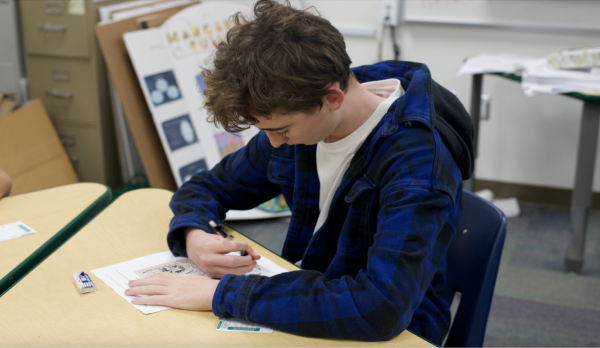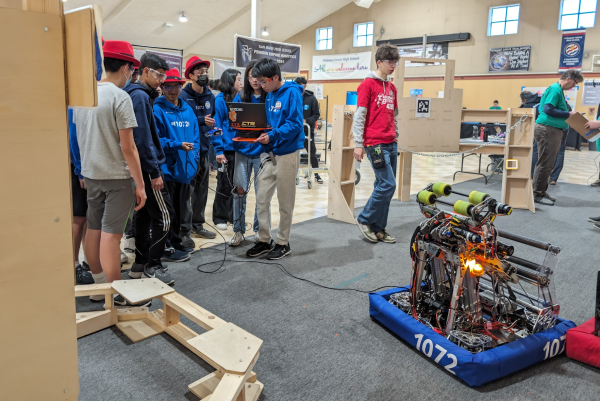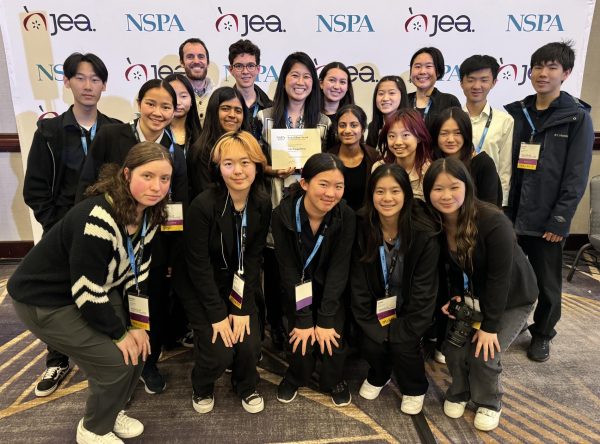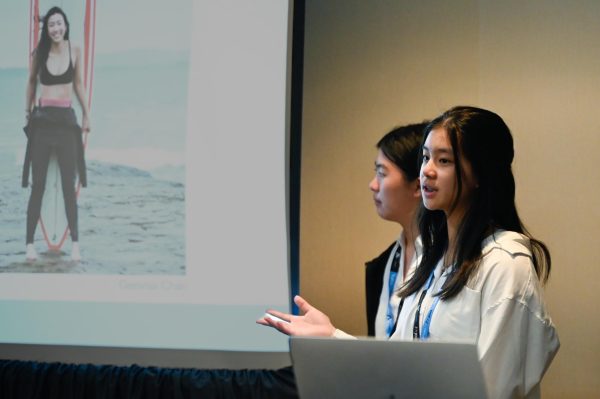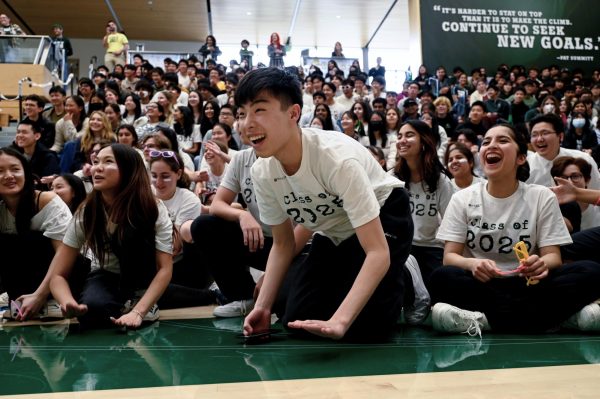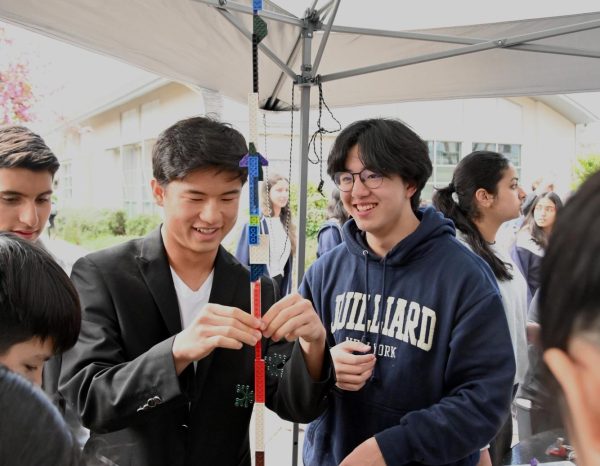Psychology superhero: Fighting crime on mental health stigmas
Psychologist Dr. Andrea Letamendi speaks to upper school students about building resilience to combat anxiety and stress. She used her passion for comic books to depict a narrative that many students were knowledgeable about.
October 25, 2019
Psychologist and comic-lover Dr. Andrea Letamendi spoke to the upper school during two assemblies for underclassmen and upperclassmen on Tuesday, Oct. 22. Her lecture, titled “Psychology of Superheroes: Resilience, Self-care and Purpose,” covered topics of identity, acceptance, empowerment and methods of self-help.
Now the director of the Student Resilience Center at the University of California, Los Angeles (UCLA), Dr. Letamendi is introducing patients and students alike to a new facet of psychology: utilizing media and pop culture to spread the message of self-acceptance and destigmatize mental health. Dr. Letamendi is also the creator of a Batman-inspired podcast “The Arkham Sessions,” which offers weekly observations and psychological clinical analyses of characters in the television show “Batman: The Animated Series.”
Through her own origin story, Dr. Letamendi related the struggles she encountered as a half-Chinese, half-Ecuadorian female navigating high school and college as she grew to accept her own identity, eventually combining her passion for superheroes with a professional career in mental health services.
An avid D.C. Comics lover and an annual attendee of the San Diego Comic Convention, Dr. Letamendi became a cosplayer to further her intrigue of parasocial relationships, where real-life people experience genuine feelings for fictional characters in mass media. Dr. Letamendi, who was working on obtaining her Ph.D. at the time, was nearly consumed by the onset of anxiety that resulted from trying to distinguish her professional and personal worlds.
“I was worried that having a passion for comic books and an interest in superheroes [were] things for kids,” Dr. Letamendi said during her speech, utilizing an image of the supervillain Joker to convey her message. “The stress … and depression accumulated, and I discovered the villain in my head: imposter syndrome.”
Dr. Letamendi’s resilience was strengthened by comic book writer Gail Simones, who incorporated Dr. Letamendi as a character in her newest comic after reaching out to Dr. Letamendi for her help as an experienced psychologist after listening to her speak at a Comic-Con. For the first time, Dr. Letamendi felt empowered for being portrayed as the real her: a biracial Latina woman shown in a professional position, proving to young girls that they can be role models in public media.
Students in the audience found themselves inspired by her speech. Lucas Chen (10) appreciated Dr. Letamendi’s pop culture and media approach to addressing mental health and well-being since teens relate to the issue well.
“It’s inspiring that she found a way to connect her passion with the general population and use it to help others and inspire others,” Lucas said. “Through her lecture, I realized that no matter what your passion is you [can] still make an influence in ways you [would] never expect.”
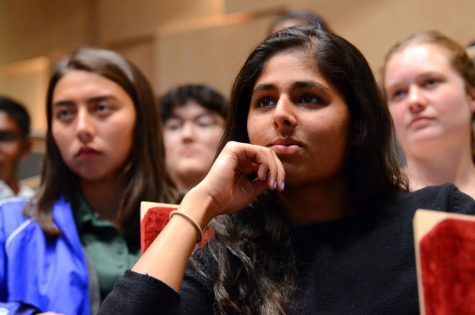
Arushi Madan (12) listens to Dr. Andrea Letamendi during the assembly on Tuesday. Students were split up into underclassmen and upperclassmen to hear her speak.
For students experiencing extreme academic stress, Dr. Letamendi recommends reaching out to trusted faculty as well as online chat and text therapy.
“We’re gonna experience so many self doubts and questions and challenges, so I think it’s important to move forward no matter what people say or how they challenge us,” Dr. Letamendi said.
Dr. Letamendi concluded the lecture with methods on improving self care. She asked students to reflect on one word and build their self-care routines around it. For her, self-care meant being authentic: a psychologist superhero fighting her internal crime with media and her 21st-century communication superpower.































![Setter Emma Lee (9) sets the ball to the middle during the match against Pinewood on Sept. 12. “[I’m looking forward to] getting more skilled, learning more about my position and also becoming better friends with all of my teammates, Emma said.](https://harkeraquila.com/wp-content/uploads/2023/09/DSC_4917-2-1200x795.jpg)
































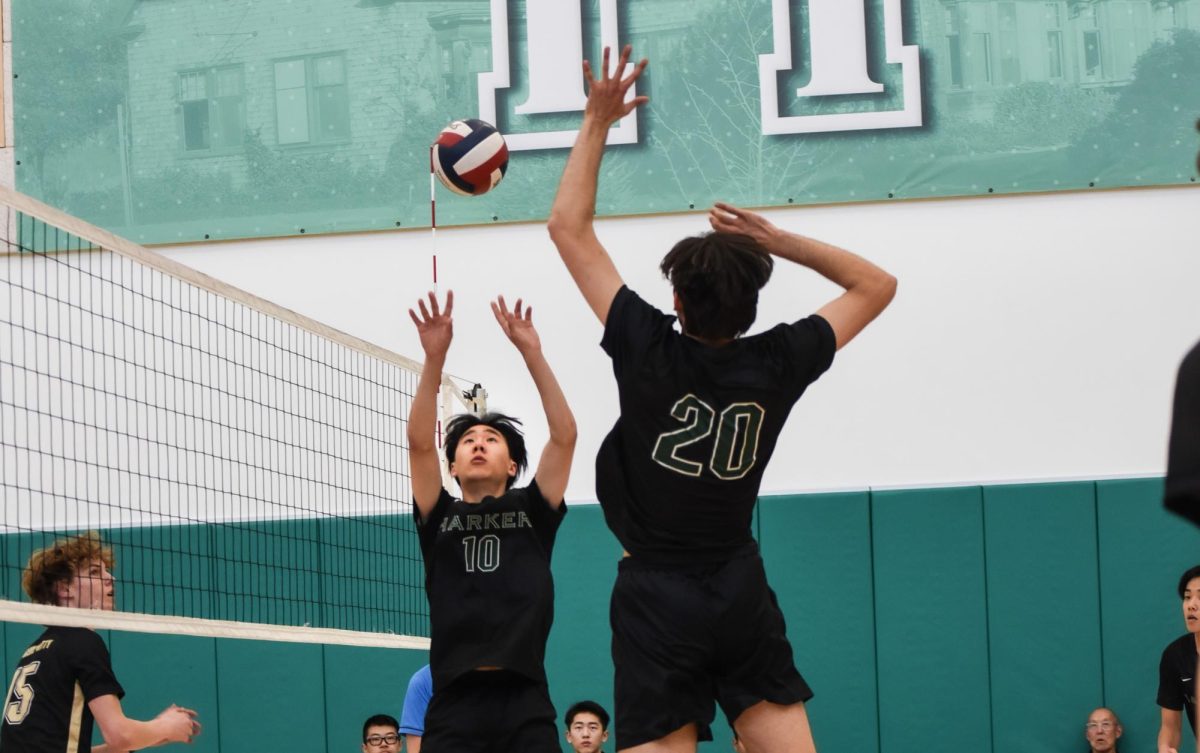
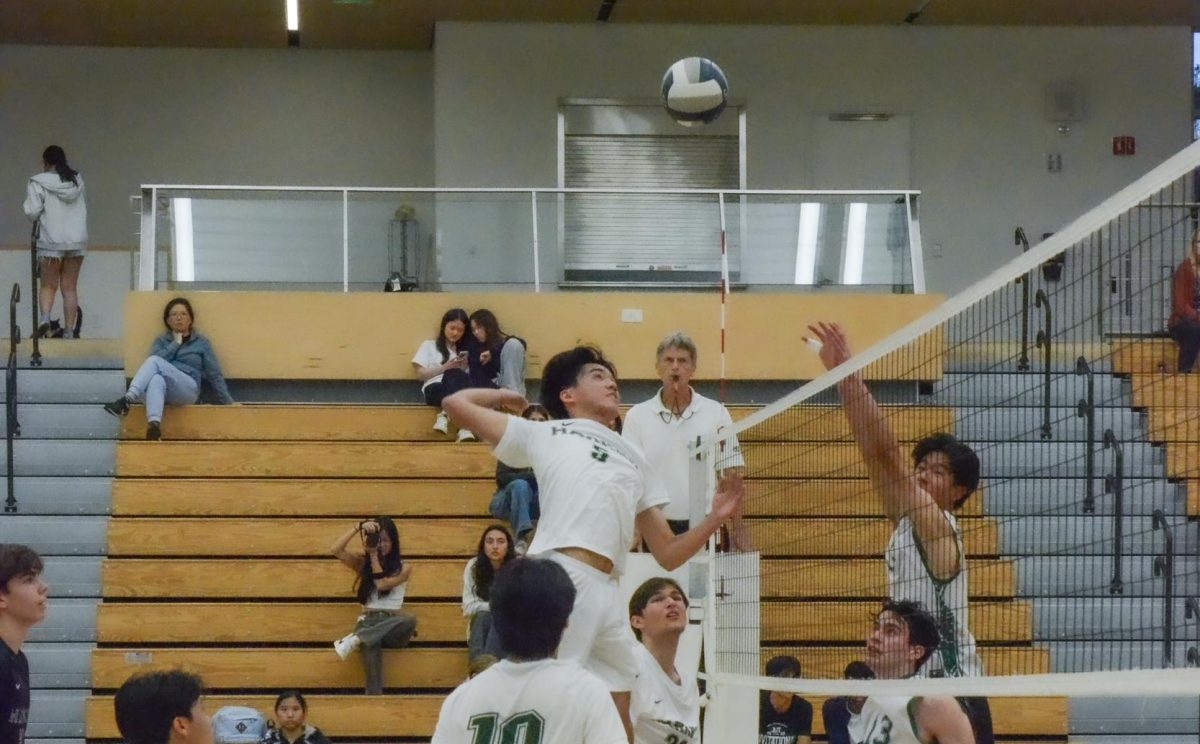
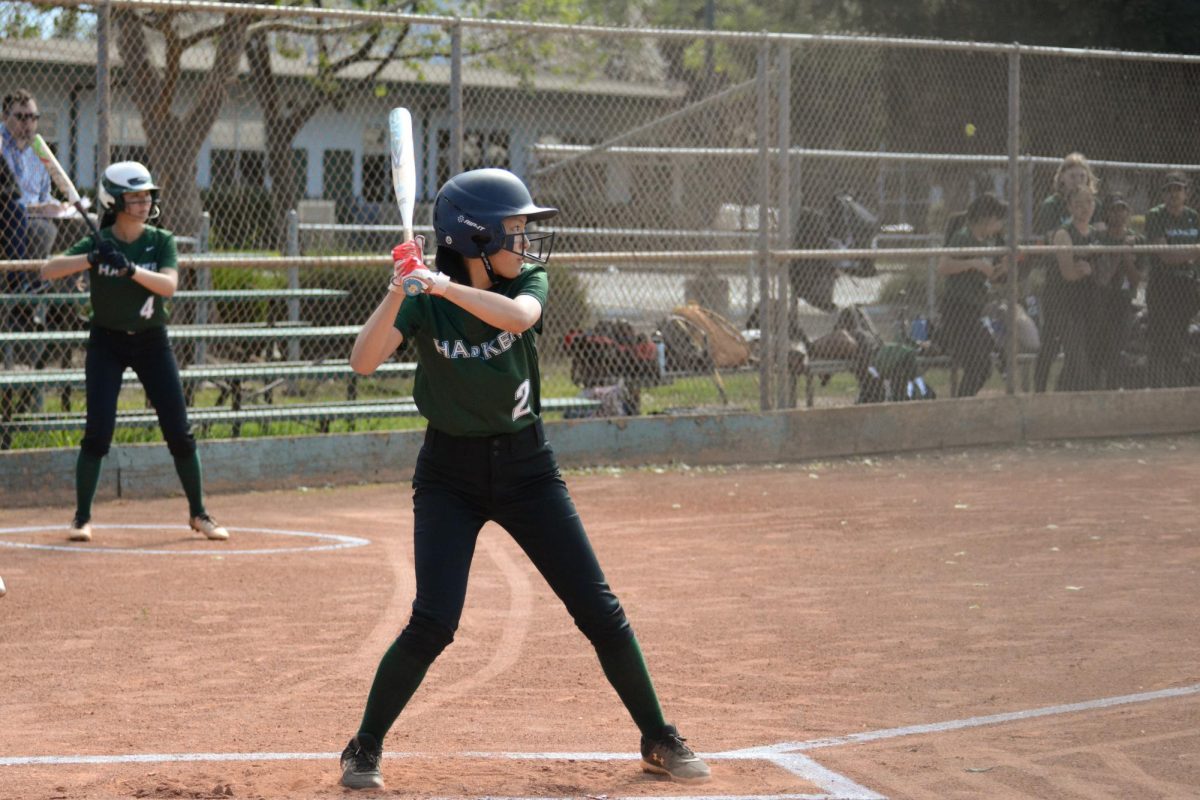
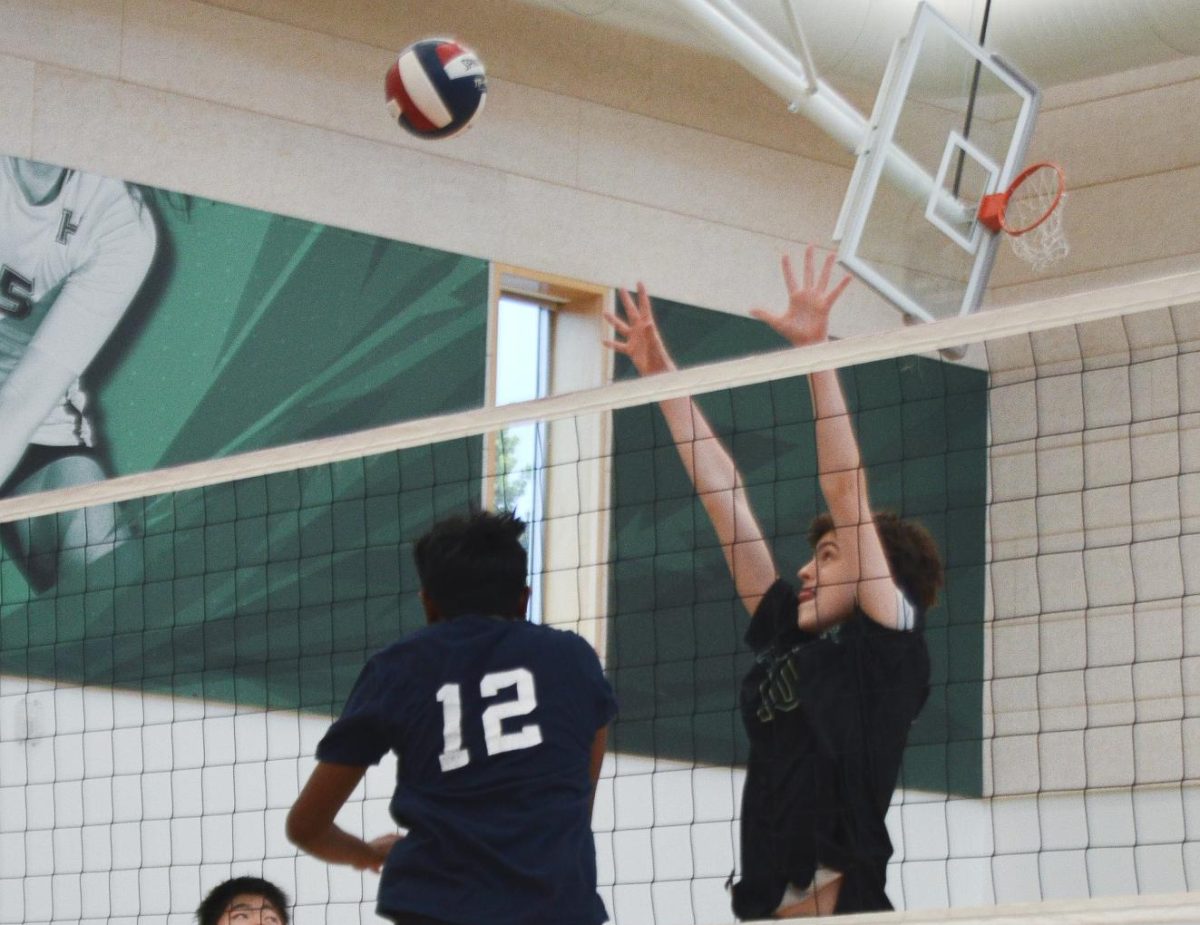
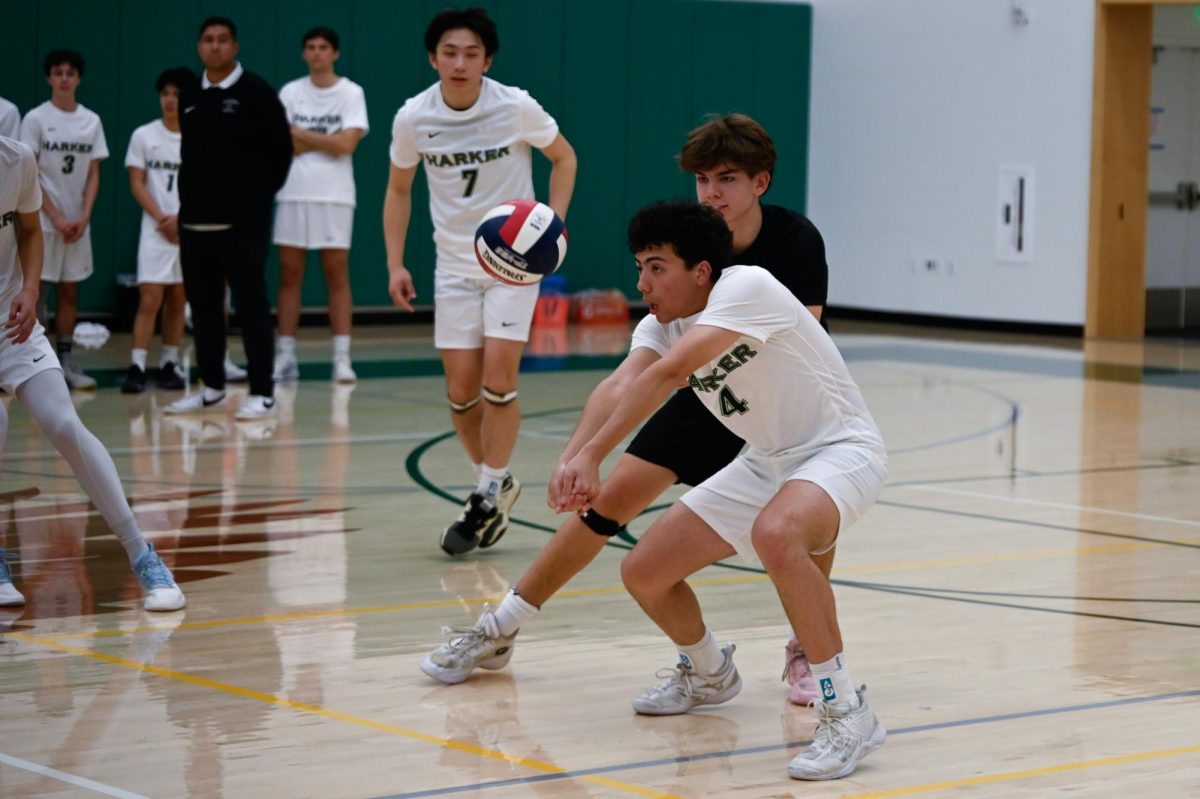



























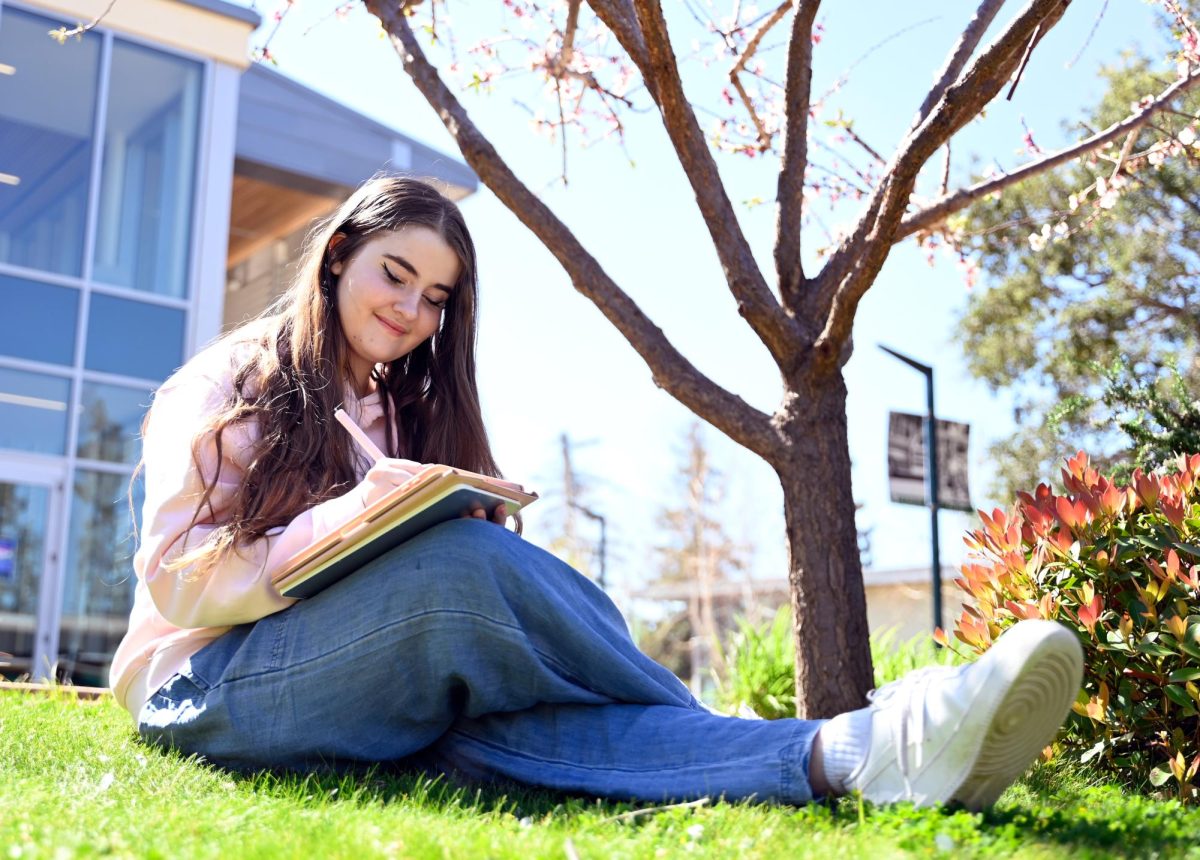
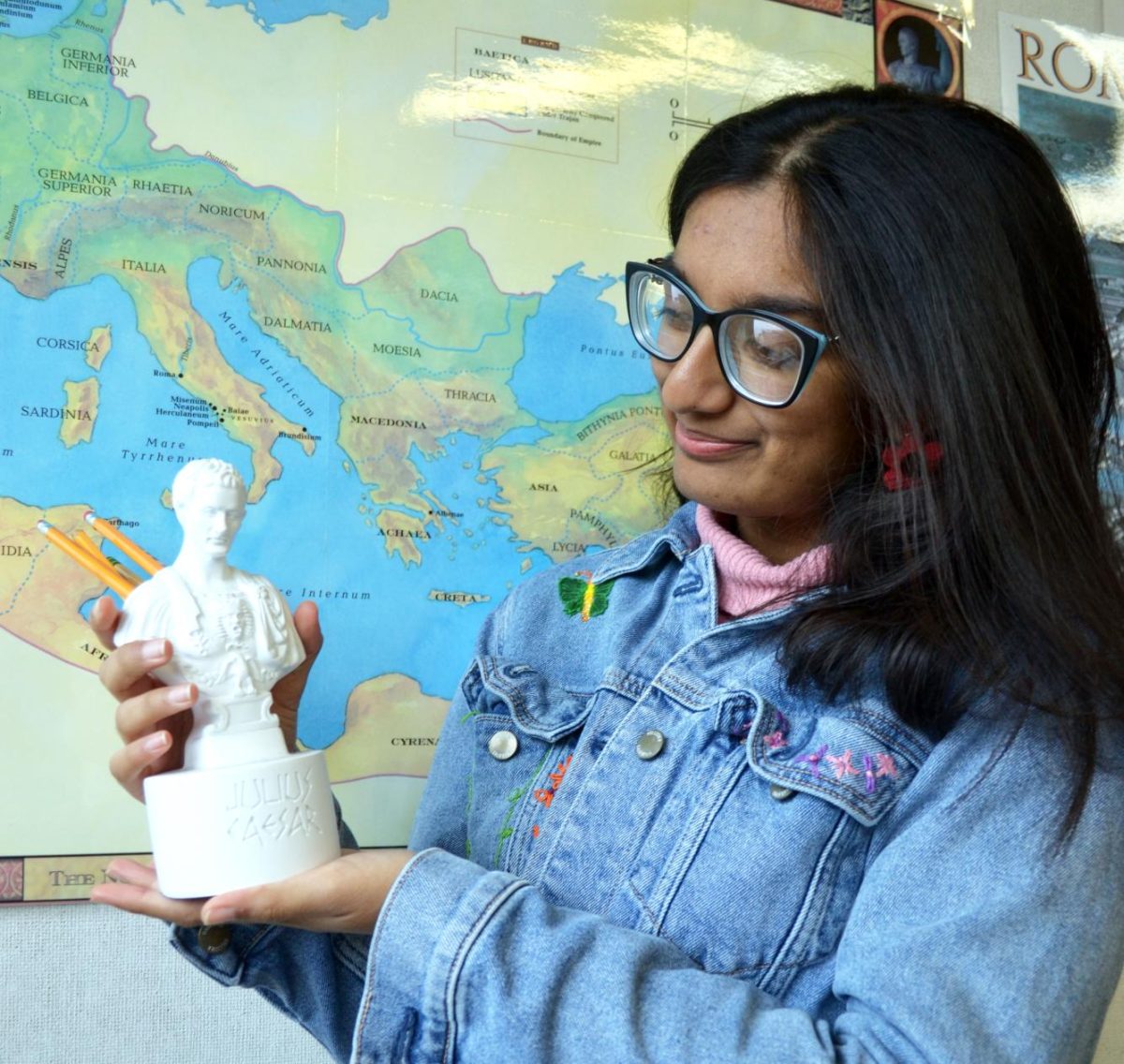
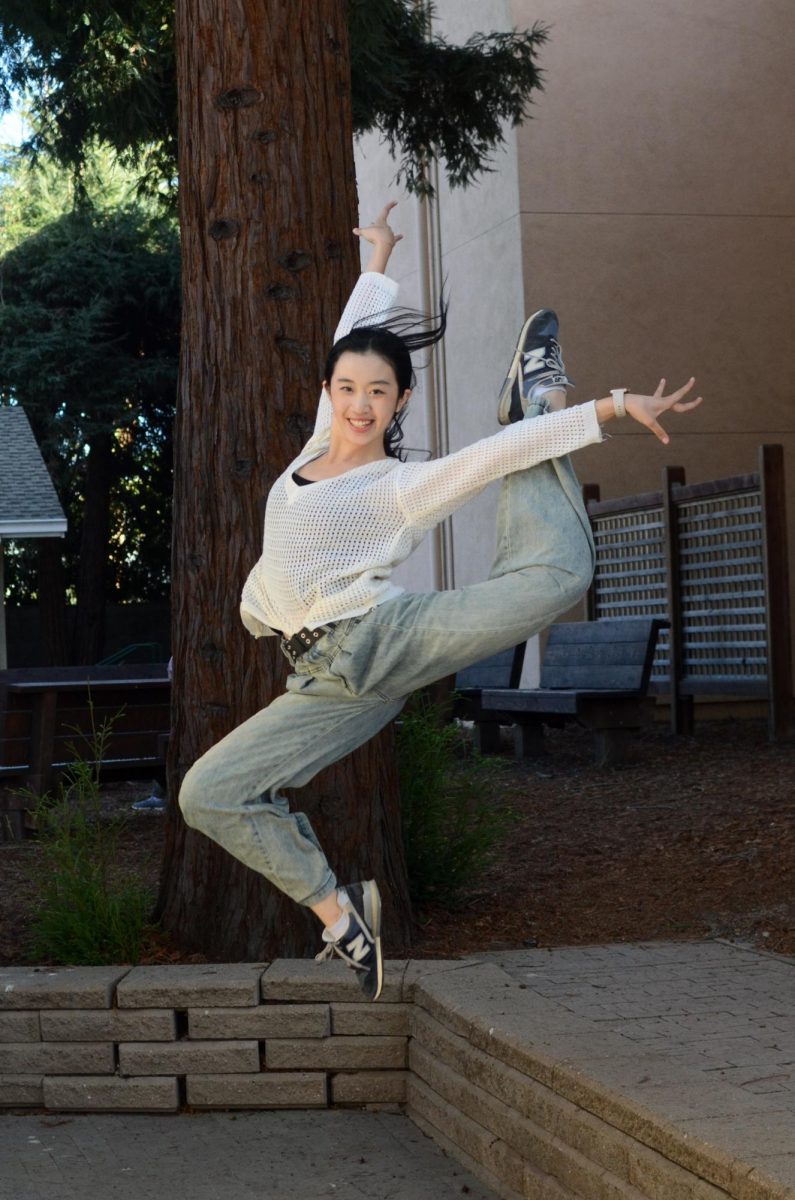
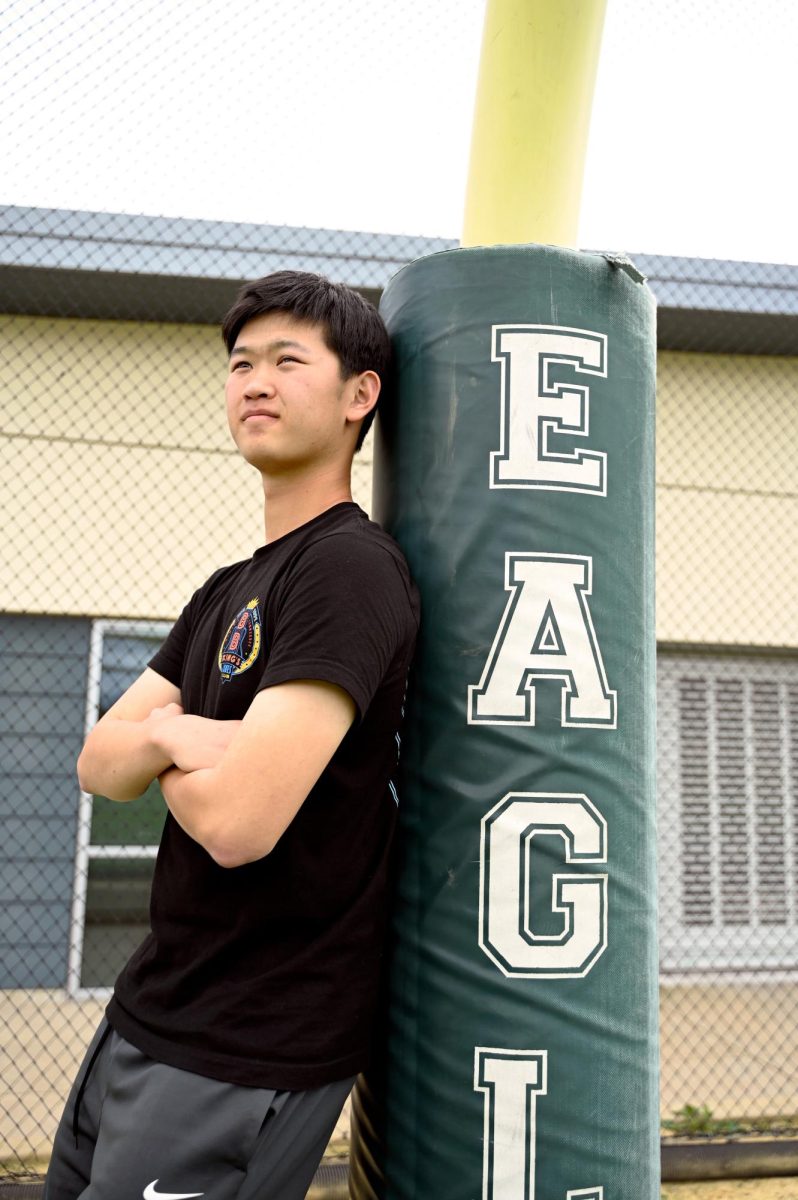
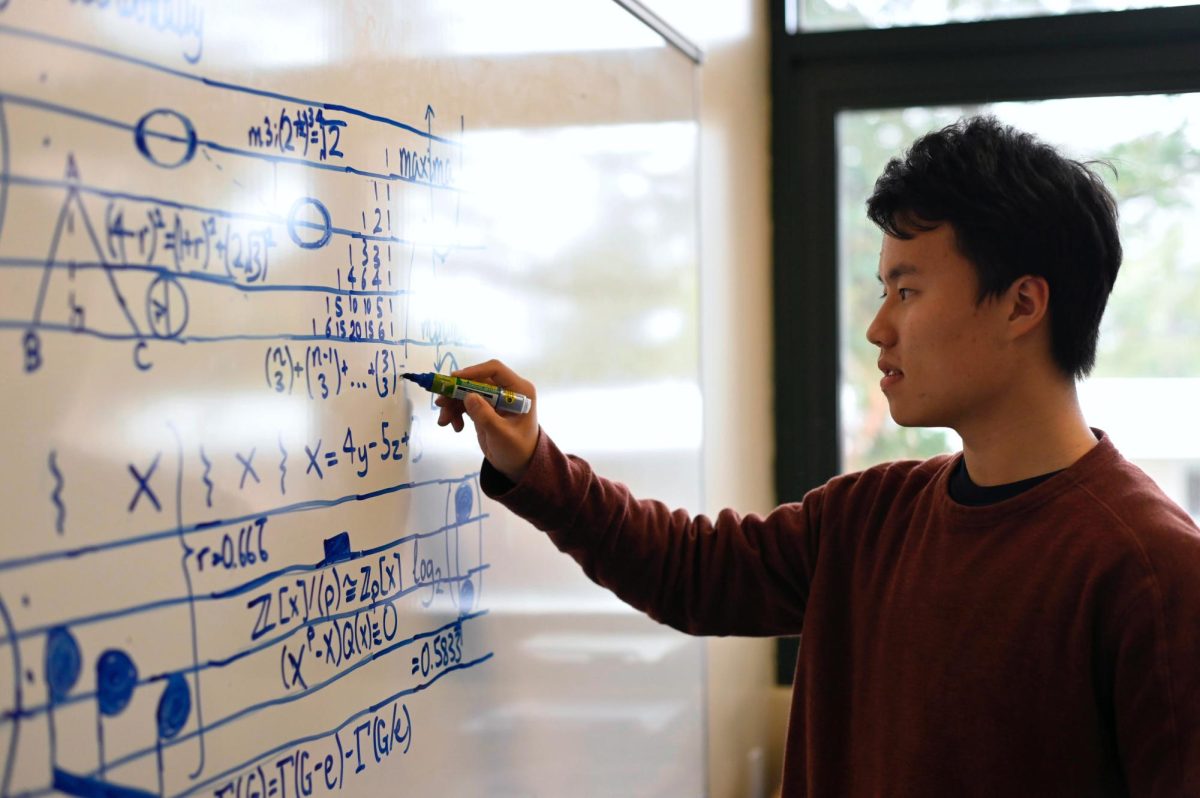
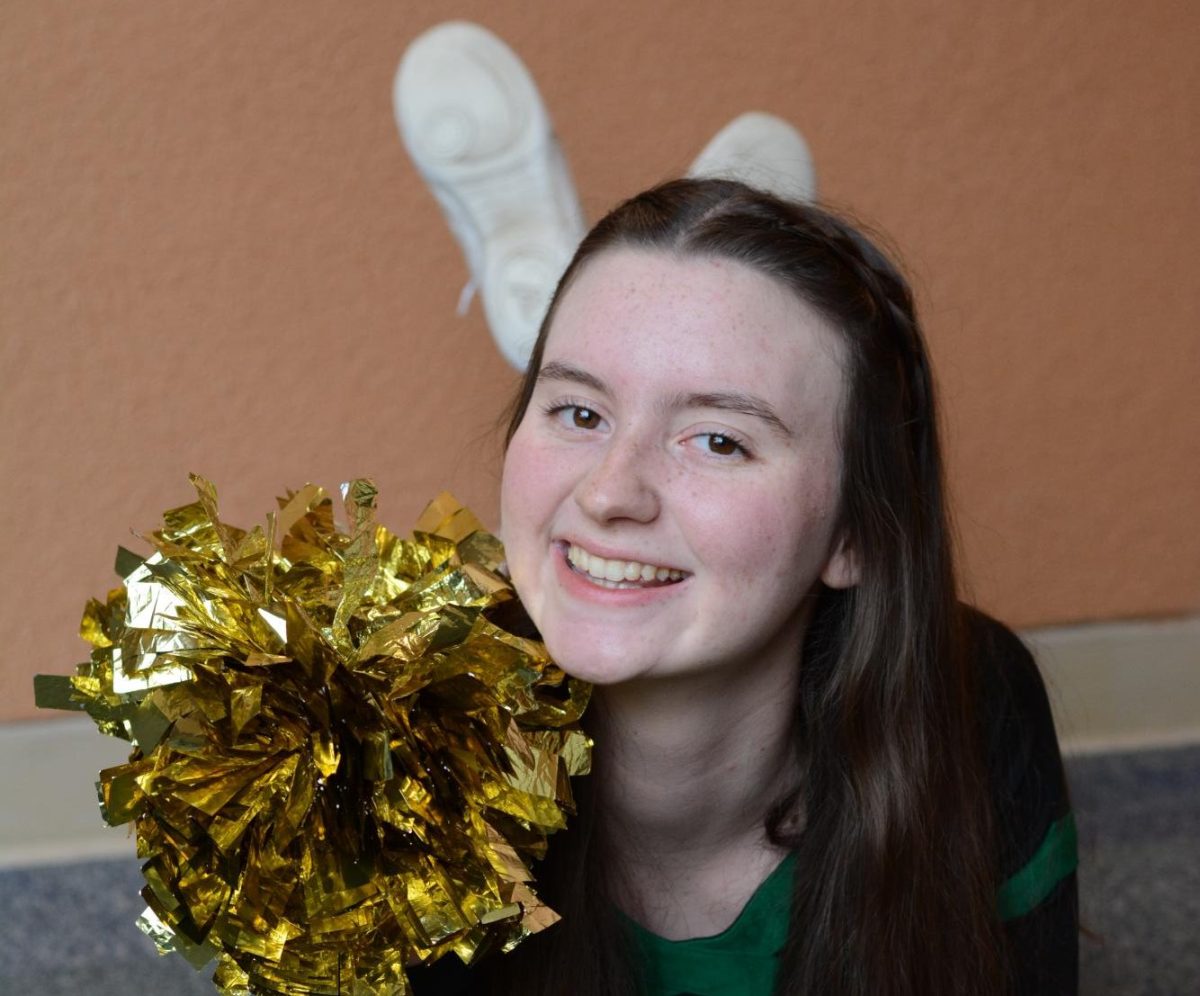








![“[Building nerf blasters] became this outlet of creativity for me that hasnt been matched by anything else. The process [of] making a build complete to your desire is such a painstakingly difficult process, but Ive had to learn from [the skills needed from] soldering to proper painting. Theres so many different options for everything, if you think about it, it exists. The best part is [that] if it doesnt exist, you can build it yourself, Ishaan Parate said.](https://harkeraquila.com/wp-content/uploads/2022/08/DSC_8149-900x604.jpg)


![“Animation just clicked in a way. I had been interested in art, but that felt different. [Animation] felt like it had something behind it, whereas previous things felt surface level. I wasnt making that crazy of things, but just the process of doing it was much more enjoyable, Carter Chadwick (22) said.](https://harkeraquila.com/wp-content/uploads/2022/08/Screen-Shot-2022-08-16-at-9.44.08-AM-900x598.png)


![“When I came into high school, I was ready to be a follower. But DECA was a game changer for me. It helped me overcome my fear of public speaking, and its played such a major role in who Ive become today. To be able to successfully lead a chapter of 150 students, an officer team and be one of the upperclassmen I once really admired is something Im [really] proud of,” Anvitha Tummala (21) said.](https://harkeraquila.com/wp-content/uploads/2021/07/Screen-Shot-2021-07-25-at-9.50.05-AM-900x594.png)



![“[Volleyball has] taught me how to fall correctly, and another thing it taught is that you don’t have to be the best at something to be good at it. If you just hit the ball in a smart way, then it still scores points and you’re good at it. You could be a background player and still make a much bigger impact on the team than you would think,” Anya Gert (’20) said.](https://harkeraquila.com/wp-content/uploads/2020/06/AnnaGert_JinTuan_HoHPhotoEdited-600x900.jpeg)

![“Im not nearly there yet, but [my confidence has] definitely been getting better since I was pretty shy and timid coming into Harker my freshman year. I know that theres a lot of people that are really confident in what they do, and I really admire them. Everyones so driven and that has really pushed me to kind of try to find my own place in high school and be more confident,” Alyssa Huang (’20) said.](https://harkeraquila.com/wp-content/uploads/2020/06/AlyssaHuang_EmilyChen_HoHPhoto-900x749.jpeg)













![“My slogan is ‘slow feet, don’t eat, and I’m hungry.’ You need to run fast to get where you are–you arent going to get those championships if you arent fast,” Angel Cervantes (12) said. “I want to do well in school on my tests and in track and win championships for my team. I live by that, [and] I can do that anywhere: in the classroom or on the field.”](https://harkeraquila.com/wp-content/uploads/2018/06/DSC5146-900x601.jpg)

![“I think getting up in the morning and having a sense of purpose [is exciting]. I think without a certain amount of drive, life is kind of obsolete and mundane, and I think having that every single day is what makes each day unique and kind of makes life exciting,” Neymika Jain (12) said.](https://harkeraquila.com/wp-content/uploads/2017/06/Screen-Shot-2017-06-03-at-4.54.16-PM.png)





